“Think of virtual distance as an unconscious sense of social and emotional detachment that starts to grow. As we use more and more computer-mediated communications, it shows up as changes in our behavior because we don’t feel as close to people, but we may not realize that it’s happening to us.” – Dr. Karen Lojeski
Perhaps you can relate to the scenario where we’re answering emails and get stuck in the “mind fog.” You might be distracted by other tasks that await you, or you’re wondering whether you’ve interpreted the sender’s email tone correctly.
Over time situations as these reveal that there’s so much lost in virtual interaction, a lack of focus and context that’s valuable in building trust.
This fog between people that results from our increasingly virtual world is what Dr. Karen Lojeski calls virtual distance. It’s the loss of context around interactions that we naturally get from being in the same physical environment, helping us understand what someone means and how they feel. Ultimately it distills human connection, which is critical to our wellbeing as a species. Karen’s computer science background led her to seek out quantifiable data around this phenomenon and how awareness of it can promote a human-first approach in the workplace.
The Impact of Virtual Distance is Measurable
“What we know through the math is high virtual distance is the statistical equivalent of not only low trust, but distrust… But when you manage virtual distance and bring it down, which we can predictably do with specific techniques and prescriptions, trust turns into good trust, and it also builds, and you can get very strong trust.”
“We measure 10 outcomes – things like job satisfaction, employee engagement, etc., and innovation and revenue increases or decreases. So we do measure very tangible outcomes. And when virtual distance is high, it usually has a negative relationship. So if it’s high, then you get lower trust and distrust, lower job satisfaction, lower employee engagement.”
The Importance of Human Connection
“The bottom line is, the worst thing you can do to a human being is put them into an isolated situation. It’s just, it’s before food before water, we need each other. And then if we’re with someone else, it’s easier for us to find food by water, and to be okay and to feel okay.”
Business Success Requires an Open Heart
“We’ve just developed bad habits and forgot that it’s not just the number on a balance sheet that counts, it really is the people… The first thing you have to address is the fact that it’s really there, that people are really in need of leadership and some help on a human level. And the best way to control your future business trajectory is to open up your heart.”
Lean In: A Need for Connection
‘We are all sharing this context. So that’s one thing leaders need to understand is to lean into the crisis, and talk about it and discuss it and make room for that discussion in business so that people can share whatever it is they can over online means.’
‘People right now are psychologically retreating from other people, because we have to stay safe and healthy. But that habit is going to take a while to break… leaders, we should be planning for it. We should be thinking through this and saying, we’re actually going to have to help people come out of their shell, and feel more comfortable being exposed to other people, again, as long as it’s scientifically safe and healthy to do that. But we may actually see new types of training, … we’re adapting to stay alive and to stay safe. But we’re sort of maladaptive to human social contact.’
Resources in this episode:
https://www.linkedin.com/in/drkarenlojeskivirtualdistance/
https://bookshop.org/a/16835/9781119608592*
*By purchasing through Bookshop you’ll support local, independent bookstores. Rise Leaders is an affiliate and may benefit from your purchase.
To subscribe to the Rise Leaders newsletter for more resources: https://mailchi.mp/426e78bc9538/subscribe
To discuss executive coaching, leadership development program design, and workshop facilitation, please visit:
